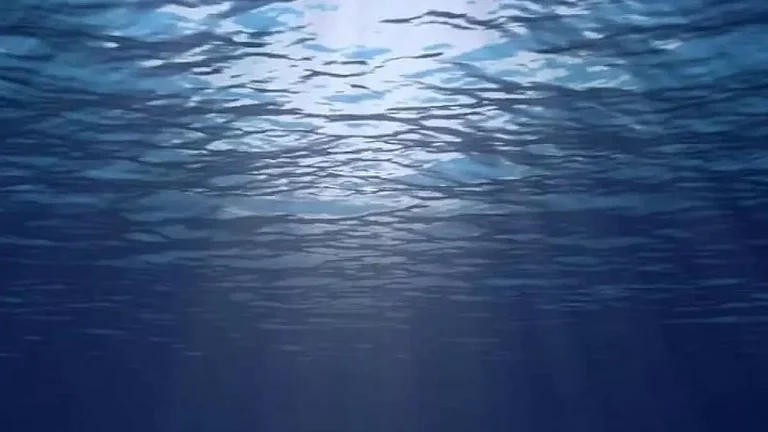Australia’s two world heritage listed-reefs, Ningaloo on the west coast and the Great Barrier Reef on the east, have been simultaneously struck by severe coral bleaching, a phenomenon that experts have called “heartbreaking” and “a profoundly distressing moment”, according to The Guardian.
Global heating has triggered heat stress and consequent bleaching across thousands of kilometers of marine habitat, teams of scientists told The Guardian. Bleaching has been detected from around Townsville to the top of Cape York on the Great Barrier Reef, spanning roughly 1,000 km.
Meanwhile, an extended marine heatwave has caused highest recorded heat stress, impacting coral reefs all along the vast coastline of western Australia’s famous Ningaloo reef.
Paul Gamblin, the Chief Executive of the Australian Marine Conservation Society, told The Guardian that history would “record this profoundly distressing moment” when two world famous reefs both suffered widespread damage at the same time.
What is Coral Bleaching?
Coral bleaching occurs when corals undergo stress and expel the symbiotic zooxanthellae algae. Without this algae, corals fade and turn white, appearing bleached. If high ocean temperatures persits, the corals fail to reabsorb the algae and eventually die.
Reports from European Union’s Copernicus Climate Change Service show that sea surface temperature has been consistently higher during the past three decades than at any other time since reliable observations began in 1880.
Mass coral bleaching over hundreds or even thousands of kilometers has been deemed one of the most damaging impacts of global warming, stated National Oceanic and Atmospheric Administration.
Future of the Oceanic Ecosystem
Leticia Carvalho, Head of the Marine and Freshwater Branch of the United Nations Environment Programme (UNEP), called the loss of corals from reefs worldwide—including the Great Barrier Reef, the Caribbean Sea, the South Atlantic, the Red Sea, the Gulf of Mexico, the Western Indian Ocean and East Asia—a “true tragedy”. She stated that the phenomenon would be devastating for one of the planet's richest ecosystems.
Carvalho acknowledged that the future of coral reefs is worrying but their fate is not yet sealed. She emphasised that there is still time to protect these ecosystems if action is taken now and with a strong determination.




























